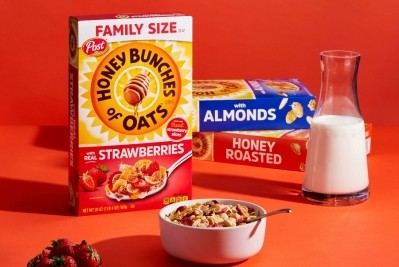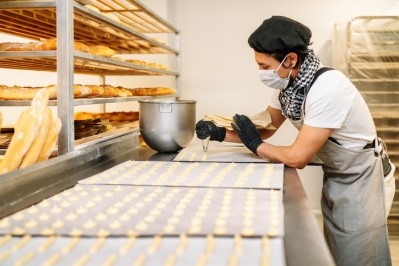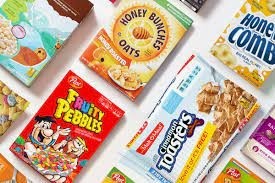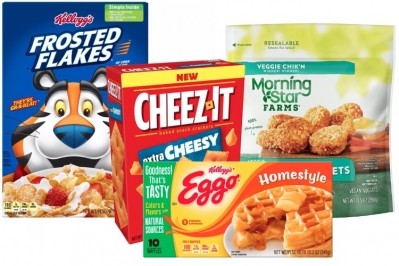Post Holdings characterizes inflation, labor shortages as ‘short-term inhibitors’ even as sales slip

The company reported late last week that consolidated net sales fell 0.7% to $1.5b and operating profit tightened 5.5% to $145.1m during the firm’s second quarter compared to the year ago period in which sales surged as consumers stocked their pantries during the early days of the pandemic – setting a high bar for comparables.
The impact was more severe for Post’s consumer brands segment, including its well-known ready-to-eat cereals and recently acquired Peter Pan nut butters, which saw sales fall 5.5% to $479.9m and segment profit fall 0.6% to $91.8m – a drop that surprised investors who expected the company to surpass expectations as it had in previous quarters, rather than miss the mark by 47%.
While the declines surprised some analysts on the calls, CEO Rob Vitale described the quarter as “quite solid … despite meaningful headwinds.”
Among those headwinds is a notable uptick in inflation that has is impacting manufacturers and retailers across the board.
“As you have heard from many reports, we too saw cost inflation escalate faster than expected,” Vitale acknowledged. “We expect inflation to remain a lingering issue for the foreseeable future and we expect to maintain profit and margin levels through a combination of revenue management and ongoing cost reduction.”
He explained that corn and soy meal are particular pain points for inflation in the second quarter and so far in the third quarter, but he expects them to moderate in the forth fiscal quarter as next year’s crop comes to market.
As such, he said, “inflation is a short-term inhibitor on margins for this segment as its pricing model passes cost through on a 90-day lag basis. Therefore, in periods of escalating costs we will see some margin pressure and the opposite is also true.”
Labor shortages is another headwind hindering Post’s ability to full capitalized on continued elevated demand for its retail products, Vitale said.
“We are currently challenged to meet incremental demand, because of a severe labor shortage in key manufacturing locations,” including at plants in the upper Midwest and South, which impacts foodservice, refrigerated retail and consumer brands, he explained.
Again, though, he expects this challenge to be short-lived.
“We do think that come September, with the expiration of some of the extended unemployment benefits, that we will see some easing of the situation. That’s why I characterize it as an issue to survive the summer,” he explained.
He also acknowledged that while some of the pressure is ‘transitory,’ the company is looking at ways to improve the productivity in plants through automation.
Cereal sales will remain elevated for ‘protracted period of time’
Looking forward as these issues subside, Vitale expects that Post’s consumer brands business will remain slightly elevated compared to pre-pandemic levels for a “protracted period of time,” but that it will face new challenges that will demand “a constant process of renovation in order to stay competitive.”
He explained that before the pandemic Post had carved out a niche in cereal with indulgent flavors, but over the past year competitors have stepped aggressively into the sweetened cereal space.
“When that happens, it opens up other segments in which to try to identify opportunity. So, its an ongoing process of identifying and executing against opportunity,” he said.
While he did not add color on how the company might execute against opportunity, he id call out as “a bright spot in the quarter” strong year-over-year sales growth for Pebbles, Grape Nuts and Honeycomb, which saw average net pricing improve 7.8% -- suggesting a strong foundation for future growth.










